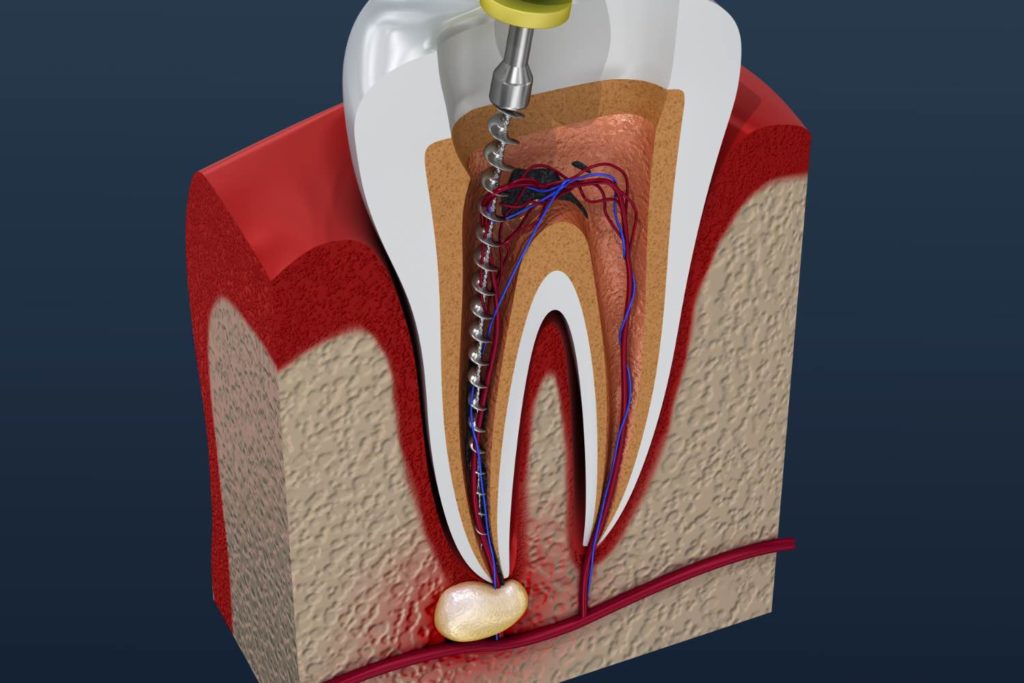
It goes without saying that teeth are hard to come by. You only get one adult set, so it’s well worth it to save them whenever possible! Especially since each and every tooth works together to help you eat, speak, and smile with confidence. But what happens when a tooth is badly damaged by a cavity, fracture, or accident? In these situations, a dentist often has just two choices: pull the tooth (and replace it with a dental implant or bridge), or save it with a root canal. In this blog, you’ll find out why a root canal in Leesburg isn’t nearly as scary as you think and why it’s a great way to help you avoid tooth loss. Learn more below!
Why Do Root Canals Have Such a Bad Reputation?
Root canals actually date all the way back to the 1600’s. But up until the early to mid-1900’s, local anesthesia wasn’t always an option. Since people were having root canals without being numb, you can see why they got such a bad reputation! Today, those stories continue to influence people’s perception.
However, keep in mind that dentistry has come a long way since then. Modern dentists make patient comfort a top priority and undergo extensive training to manage pain, fear, and anxiety. In fact, the first step of any procedure is making sure you’re completely numb. As a result, many people say that their root canal was no more uncomfortable than getting a dental filling.
On top of using effective numbing agents, dentists also offer various types of sedation for anyone who’s fearful or anxious. Together, these options mean that everyone can get a root canal when necessary.
How Root Canals Relieve Pain and Save Your Teeth
When the sensitive nerve in the center of a tooth is inflamed, irritated or infected, it usually causes severe pain that prevents people from eating, sleeping and going to work. A root canal in Leesburg treats the source of pain by removing the nerve while still preserving the rest of the tooth structure. So while people often think that root canalscause pain, they’re actually the best way to get you out of pain.
Here are several types of dental problems that would otherwise require an extraction but can be treated with a root canal instead:
- Severe cavities
- An abscess or infection
- Repeated dental work on the same tooth that leads to irreversible irritation of the nerve
- A large fracture or broken tooth that involves the nerve
Your natural teeth are precious and should only be removed as an absolute last resort. A root canal is not only much easier than you think, but also preserves and protects your oral health for many years to come.
About the Author
Dr. Jennifer Pham is a native of Northern Virginia and a graduate of Temple University School of Dentistry. After practicing as a dentist in Leesburg for over a decade now, she’s helped countless patients get the root canal therapy they need to maintain a healthy smile, without fear or anxiety. If you have any questions about root canals, she can be reached via her website.
